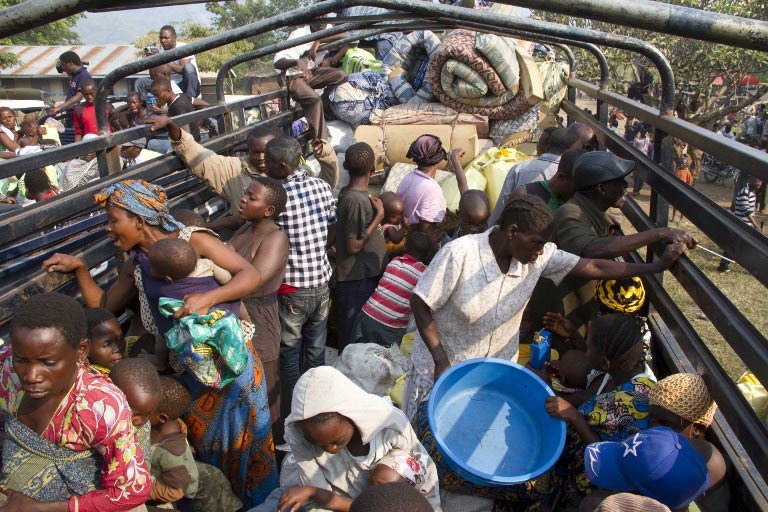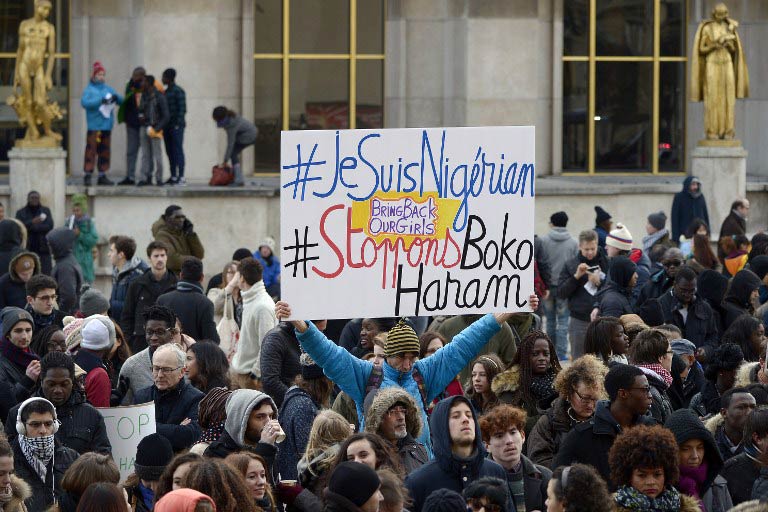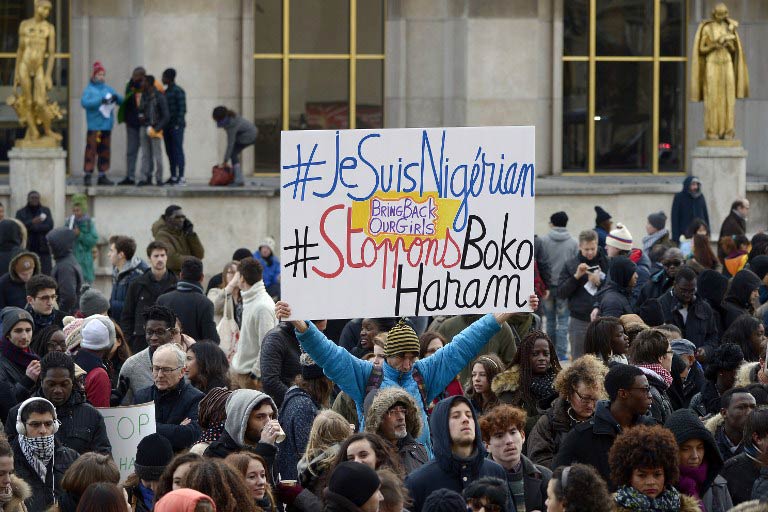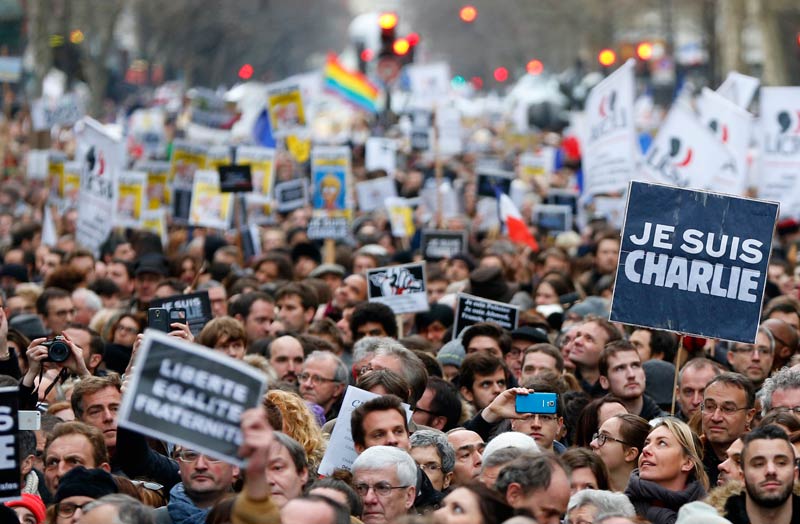
Some lives matter more than others: the “ hierarchy of death ”, they call it. The millions killed, maimed and traumatised in the Democratic Republic of Congo are surely at the bottom of this macabre pile. The country was the site of the deadliest war since the fall of Adolf Hitler, and yet I doubt most people in the west are even aware of it. No heart-wrenching exclusives at the top of news bulletins; no mounting calls for western militaries to “do something”.
We are rightly appalled at a barbaric conflict in Syria that has stolen the lives of 200 000 civilians; and yet up to six million people are believed to have perished in the DRC. Not that the mainstream media alone can be berated for this astonishing lack of attention. The left have rightly championed the cause of a Palestinian people subjected to decades-long occupation and subjugation: surely the misery of the DRC does not deserve this neglect.
Although the murderous intensity of the war peaked between 1998 and 2003, the misery has persisted. According to Oxfam , civilians in the east of the country still face exploitation at the hands of armed groups. The UN has labelled the country“the rape capital of the world”. Women, girls and boys have been systematically raped as a weapon of war. Back in 2011, it was estimated that 48 women were raped every hour in the country. Men were raped, too: there are stories of men being raped three times a day for three years. Then there’s the cannibalism: at one point, pygmies in the north east were being killed and eaten by rebels.
It was a war that was remorseless when it came to the innocent: when 45 000 people were being killed every month , around half of them were small children, even though they only represented a fifth of the population. The war triggered devastating waves of starvation and disease which claimed the lives of millions.
Armed militias continue to commit atrocities, and the aftermath of the war has left the country impoverished and devastated. According to the International Rescue Committee , this is “the world’s least developed country in terms of life expectancy, education, standard of living and key health indicators”. And yet this vast country of nearly 80 million people barely punctures our consciousness. Why?
Being generous, perhaps the war was just too complicated. Some described it as Africa’s own “world war”, the spill-over from the Rwandan genocide that involved the armies of nine African nations. Many different, complex conflicts have intersected with each other. The country is awash with precious minerals that should be a source of huge wealth, but instead have proved magnets for armed profiteers. It is a misery that goes back generations: under the rule of the Belgian King Leopold II in the 19th and early 20th centuries, up to 10 million were killed in one of the greatest acts of mass murder in human history.
But we should perhaps just be more honest. On another continent, such a devastating war would never have been allowed to rage for so long. African lives simply do not matter enough: a death toll of up to 6 million would surely not have been tolerated elsewhere. For the West, it is a country of little strategic importance. As for the left, the complexity of the war was no excuse. It is a cause that should have been championed. It wasn’t, and millions died amid near silence. It must not happen again.
Owen Jones for the Guardian



